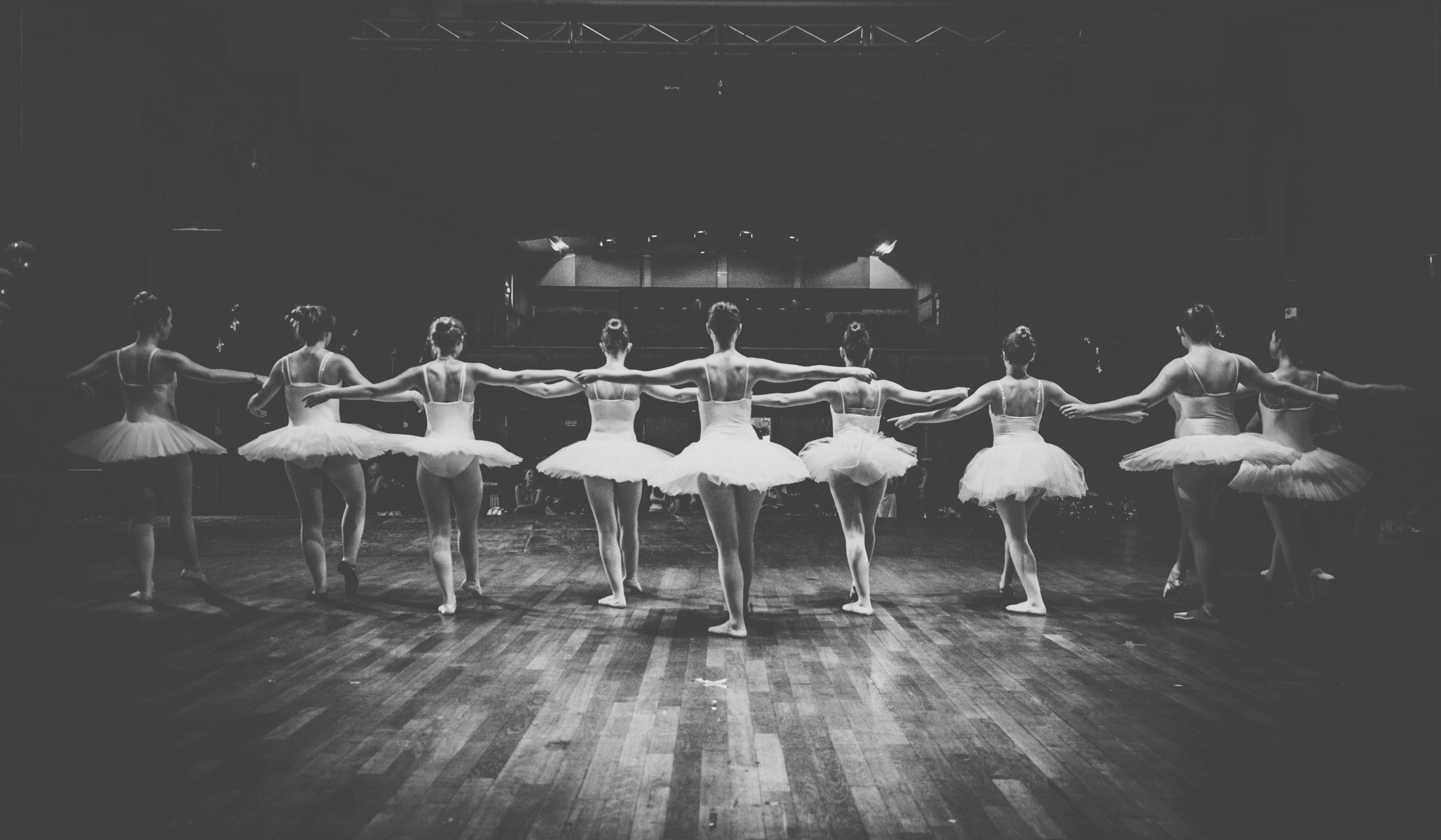
Towards the end of 2020, I had one of those experiences that vaporizes cynicism. In November, I noticed the book The Creative Habit by Twyla Tharp on my bookshelf. I had first bought it during film school, as assigned reading—but it occurred to me that I’d like to read it again. On a whim, I asked my friend Ellen if she wanted to read it with me.
We decided to open it up to anyone who wanted to read it. Surprisingly, about 25 people said yes. 18 people showed up. And 16 people stuck it out through the end!
It was a motivating experience for two reasons:
- The group of people was awesome
- The book and the content was a unique take on creativity, productivity, and habits, from someone outside of the performative productivity cabal
Most remarkably, the participants didn’t know each other at all. It was a group that came together over the interest in the book. For most, it was a way to either start or get back to their creative habit. But outside of that, the group was diverse in gender, geography, and profession. Tech people, yes. But also writers, musicians, entrepreneurs, finance people. Everyone was open, listening, learning. There were no titles, no stars, no celebrities, no name dropping. Everyone was on a level playing field in terms of how we treated each other. Each person had a thoughtful, authentic perspective to contribute.
At Spero Ventures, we think a lot about the ingredients of effective communities. Before the pandemic, each quarter, I brought people together to experience something cultural in San Francisco. I called the effort AliveIRL. The first event was watching The Last Black Man in San Francisco, followed by a dinner with the producer Kimberley Parker. The next was attending the Warhol exhibit at SF MoMA. At each, I met incredible people with whom I continue to have a meaningful connection.
Over the past 12 months, obviously the model had to shift. I’ve spent lots of time in all sorts of groups and learned that:
- There are thousands of smart people who are amazing but not (currently) famous. They are, however, very insightful and are key to every community. These people connect authentically – it’s not about who’s in the group or what they can gain from getting to know someone.
- Communities which form around a specific goal should aim to be global. The curious, collaborative individuals who are united in their shared love of learning exist everywhere. By forcing everything to be virtual, the connection to globally like-minded people should increase. (but, finding a time that works for all is very hard)
- The friction around sourcing, scheduling, and gathering the community is still quite high. Until the enabling tools improve, small gatherings will still need a coordinator.
- They will also need a moderator, not just to make sure everyone feels like the gathering is inclusive, but also to ensure that we can learn from the quiet people who often drop gems of wisdom.
Our little reading community decided we wanted to keep going and use the group as a forcing function to read books we’ve all been meaning to read. The next book is Atomic Habits by James Clear (yes, it’s almost unavoidable, the productivity whirlpool). We kick off on February 11th. One of the group members, Josh, split the book up into 6 chunks and we’ll read it over 6 sessions spanning 12 weeks.
Here are the details of how we’ll read Atomic Habits:
Feb 11, 9a PST: Intro + The Fundamentals
Feb 25, 9a PST: The 1st Law
Mar 11, 9a PST: The 2nd Law
Mar 25, 9a PST: The 3rd Law
Apr 8, 9a PST: The 4th Law
Apr 22, 9a PST: Advanced Tactics
If you want to join us, drop your name and email into this Google form.